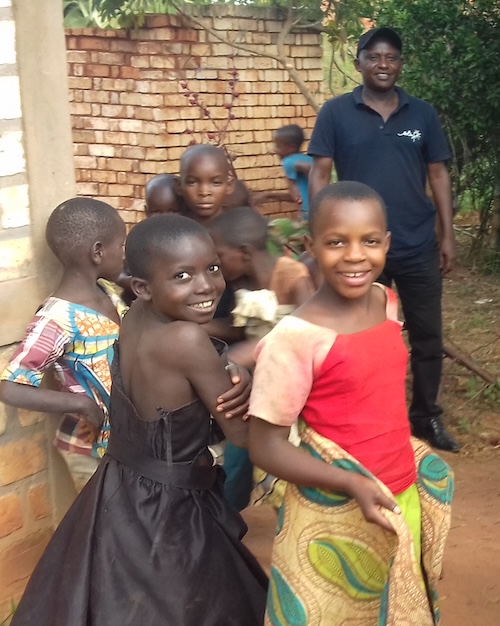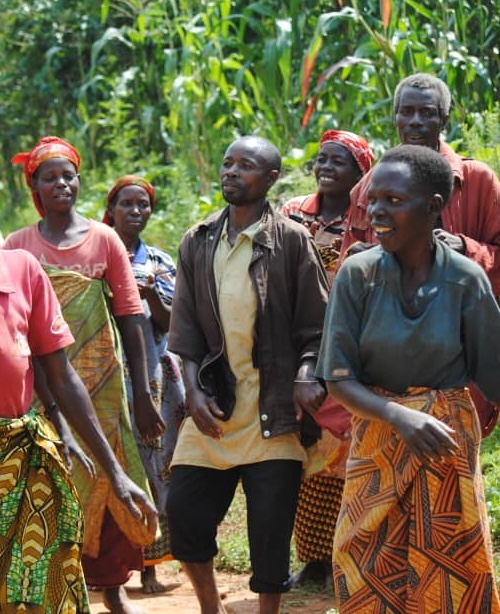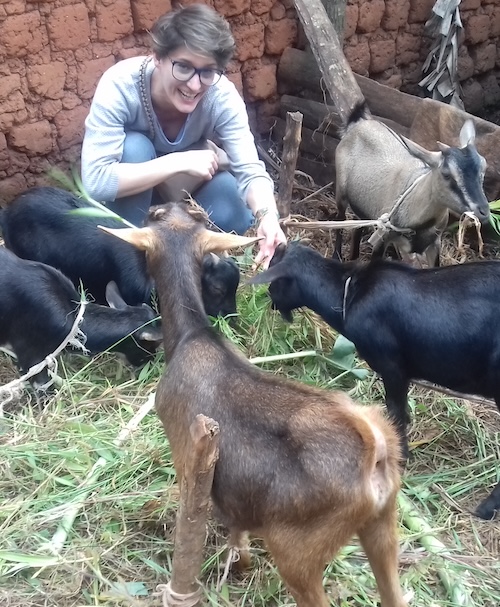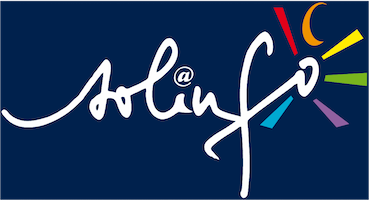Burundi
Country context
Burundi is one of the poorest countries in the world: more than two-thirds of its population lives below the poverty line. Predominantly rural (nearly 90%), the population depends on subsistence agriculture, even as pressure on arable land intensifies due to rapid demographic growth.
The country has faced a political and security crisis for years, with no real resolution, marked by recurrent tensions and chronic instability that hinder any prospects for sustainable development. These structural vulnerabilities—persistent poverty, food insecurity, limited access to education and healthcare—maintain a cycle of precarity that is difficult to break.
Burundi’s economy remains poorly diversified, heavily dependent on agriculture and therefore particularly vulnerable to climate shocks, soil degradation, and fluctuations in international markets. Infrastructure is insufficient, job opportunities are scarce, and rural exodus is increasing, especially among young people.
In this context, Solinfo supported Burundian youth through a food self-sufficiency project based on agriculture and goat rearing. This program, built on a virtuous economic cycle, not only improved food security for beneficiary families but also encouraged the return to school and social empowerment of the participating youth. Thanks to local support and a sustainability-focused approach, the initiative helped restore hope to a generation often left behind.


History of Solinfo in Burundi
This program, now completed, is emblematic of the way we operate.
Following a request from the Burundian community engaged with vulnerable youth and wishing to support the country’s younger generation, Solinfo carried out an exploratory mission in Burundi. After this mission, Solinfo decided to support an existing local initiative led by a religious community.
The project aimed to support young people and their families through a pastoral activity generating income.
Finding this initiative very promising, Solinfo strengthened the project by further developing it and adding agricultural income-generating activities alongside the pastoral ones.
This project became financially autonomous within a year and a half.
Solinfo then supported the creation of a second, identical project with another local organization, JJB—Jumelage Jeunesse pour le Bien-être des Enfants et des Jeunes—working closely with the religious congregation to expand this initiative to several regions of the country.
This commitment to supporting our partners toward financial autonomy is one of our core principles.
Wherever possible, we seek to help local associations take ownership of their project’s funding. This requires identifying income sources at the local level to limit dependence on international donors.
Description of activities
The goal of the Burundi AgriSchool project was to enable young people aged 12 to 18 to develop a virtuous economic process based on modern agriculture.
Through income-generating activities involving goat rearing and vegetable farming, the young participants supported by Solinfo contributed to a solidarity fund that allowed them to purchase their school supplies and uniforms.
Very low-cost and highly effective given the level of poverty in Burundi, the AgriSchool project was designed to spread ecological, more modern, and more productive agricultural techniques among families who often rely on traditional methods that are sometimes less efficient.
The sale of harvests, goats over five years old, young male goats, and manure helped supply the solidarity fund for each center.
As the goat herd increases with each new birth, the solidarity fund grows accordingly. Each center therefore becomes financially autonomous within a maximum of two years.


